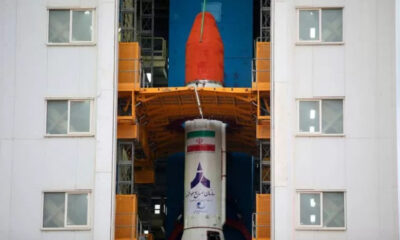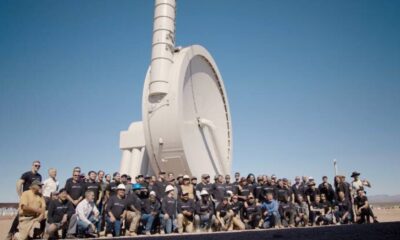More in News
-
News
Bandits Launch Overnight Attack On Kwara Community, Abduct Several Residents
Armed assailants invade Igbonla community in Irepodun LGA, Kwara State, abducting residents during a midnight raid....
-


News
Nigeria Projects $20bn Investment In Oil And Gas Sector By 2029
Nigeria expects $20bn upstream investments by 2029 to boost crude oil and gas production, says presidential...
-


News
Ondo to Invest In Digital Infrastructure To Transform Education, Says Aiyedatiwa
Governor Aiyedatiwa says Ondo will boost digital learning through smart classrooms and technology-driven education reforms. Governor...
-


News
Court Orders Odumodublvck To Appear Over Alleged Criminal Intimidation Of Chocolate City Executive
Abuja court summons rapper Odumodublvck over alleged criminal intimidation of Chocolate City executive amid escalating industry...
-


News
NSA Ribadu Meets Security Chiefs Over Trump Threat of US Military Action in Nigeria
NSA Nuhu Ribadu meets security chiefs in Abuja as Trump directs US Department of War to...









